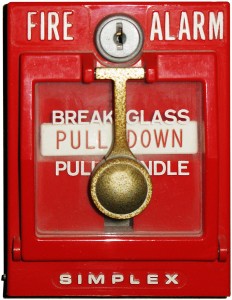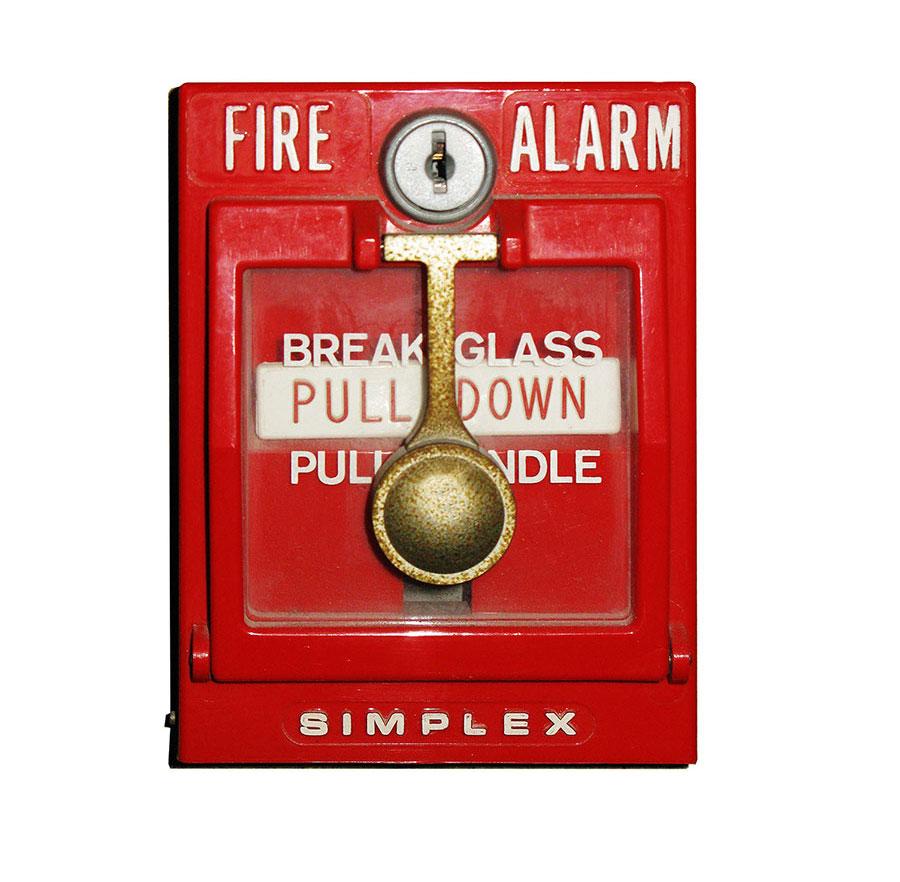By Kenney Kost/managing editor

NE learning lab manager Beth Shaver said she can only recall one emergency drill in her building in the time she has worked at TCC – 11 years.
“It’s been at least five years since we’ve had any kind of emergency drill, and it was a fire drill,” she said.
Shaver said she knows drills are being run, but some parts of the district are not getting drill practice.
Last spring, TCC Police Chief Shaun Williams mandated that each campus conduct one of three emergency drill procedures: a lockdown, evacuation or shelter drill. The drill could occur in one building or campuswide.
“Colleges do not have the regulatory requirements of a K-12 public school system in which they have to conduct a fire drill each month and report to the state,” TCC emergency management coordinator Kirk Driver said. “Chief Williams made them a requirement in the spring of 2012 because drills were not being done on a regular basis.”
Each campus lieutenant will speak to the campus president and president’s council to determine which type of drill to conduct, a time frame for running the drill and possible buildings for the procedure, Driver said.
“It is up to the lieutenant to decide how many buildings, ranging from one to an entire campus,” he said. “They will then notify the Department of Safety and Emergency Management and coordinate the drill.”
Both Williams and Driver said there are some advantages to running a drill in just one or two buildings in a given semester as opposed to having a campuswide drill each semester.
“It’s not a random process,” Williams said. “Supervisors choose which building or buildings to do, and they can put them under a microscope and find out more precisely what works and what needs to be changed. That is not really possible when you do an entire campus.”
Coinciding with the spring mandate by Williams, the digital signage network went up across the district as well to serve as the means of communication for the drill and actual emergencies. Concern has been raised as to the effectiveness of the network because of malfunctions – one occurring during an actual emergency situation.
Tornadoes touched down in the surrounding areas last spring, and Shaver said the signage actually brought more confusion.
“A message came up stating ‘Severe Weather’ here in the classroom,” she said. “I went out into the hall, and those clocks said something entirely different, and we really didn’t know what to do at that point.”
The storm passed without any incident, but Shaver said it raises concern about the signs working in the future in a similar situation.
“The clocks went online essentially last spring and have since been updated and are 100 percent operational districtwide,” Driver said. “These give us a tool, a way to communicate. Otherwise, it would be through intercom. The clocks can be ready at a moment’s notice.”
Driver said he understands the concern but feels that together with the policies and procedures already in place under Williams and an informed faculty, TCC is prepared in case of emergency.
“I know it’s a concern,” he said. “The start of the semester has been very active. I did six presentations on training day, and our message is always: think, prepare and act. We want our faculty to know what to do in all three drills, and we tell them to talk about all this on the first day of class.”
Shaver said she knows other campuses have conducted an active shooter drill but does not recall one on NE in her time on the campus. Lockdown drills are also a major concern, Driver said, but there are ways for students and faculty to be prepared in an emergency apart from the drills.
“We try to drive people to the Shots Fired video on the police website,” he said. “I try to circle it back saying these are the guidelines, but you may have to assess the situation where you are and make decisions on the fly.”
Driver said preparation on all ends is the key.
“I end all my presentations saying there is no time for complacency,” he said. “Don’t think it can’t happen here. Be responsible adults. This seems to be a part of our society. It’s a sad commentary, but it is what it is, and are you prepared?”

























